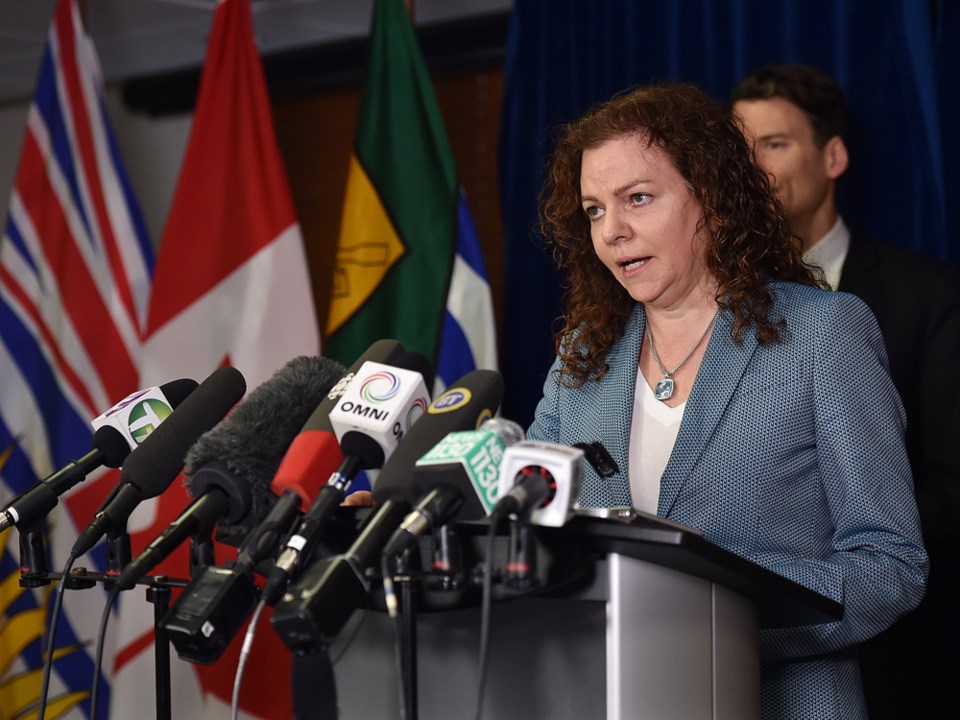Vancouverâs new short-term rental regulations went into effect more than a month ago and the city is currently investigating more than 1,500 listings in the city.
âThese include commercial operations and illegal/unsafe units that will not qualify under the new licensing program, in order to protect the safety and availability of Vancouverâs long-term rental stock,â the city said in a statement released Thursday.
Of those 1,500 listings under investigation:
- Nearly 400 short-term rental listings have either been converted to long-term rental units or delisted from home sharing websites, like Airbnb.
- Prosecution has been initiated against commercial operators representing 89 listings, with the potential to collect fines of up to $890,000.
- Over 400 listings have been targeted for enforcement, with multiple actions taken including warning letters, safety violation inspections, prosecutions and fines.
- Over 100 listings with duplicate or incorrect business licences are under audit and subject to additional enforcement.
Since April 19, the city has received more than 430 complaints from residents about suspected illegal short-term rentals. Each complaint in reviewed by the short-term rental enforcement team.
âThe new short-term rental regulations are designed to balance long-term rental housing protection by prohibiting short-term rentals in investment properties and support for owners and tenants who want to offset high housing costs with supplemental income,â Kaye Krishna, general manager of development, buildings and licensing, said in a press release. âThe Cityâs enforcement team has been working on creative, proactive strategies to identify and go after illegal short-term rental operators.
âWe expect that our enforcement tools will only continue to strengthen as we get new data sets from short-term rental platforms and once the August 31 deadline passes, when all listings must include a valid business licence number,â she added.
Since the regulations went into effect last month, the city has issued more than 900 short-term rental business licences. The licences were issued to 679 homeowners and 244 renters. The listings include 308 apartments, 24 laneway homes, 72 duplex/triplex/fourplex, 416 detached homes, 64 suites within a home and 40 townhouses.
In November, council the new bylaw allowing people to post their primary residence on short-term rental platforms, such as Airbnb. The regulations allow both homeowners and renters to list their primary residence â renters must have approval from a landlord while homeowners that are part of a strata must ensure that short-term rentals are allowed under the strata bylaws.
Homeowners that want to rent out a basement suite, laneway house or secondary home that is not their primary residence, or those listing more than one rental, will not be able to obtain a licence and will be subject to fines of $1,000 a day.
Last month, Krishna said that current data suggests that 80 per cent of the 6,600 short-term rentals in the city will be allowed under the new regulations.
New and current hosts will have until Aug. 31 to obtain a business licence and the city will begin enforcement on Sept. 1.
The week before the regulations were scheduled to go into effect, the city and Airbnb that the platform require hosts to include a business licence in listings on its website.
As of last month there was an estimated 6,600 short-term rental listings in Vancouver, a 12 per cent increase over last year, and 88 per cent of those rentals are listed on Airbnb.



